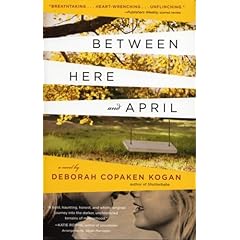
The Great Mortality
Author John Kelly has produced a scholarly yet personal look at the plague, which swept through Europe in the mid-14th century. In places, half or more of the local populace succumbed in the span of weeks. It's something almost unimaginable to us in our comfortable modernity (save the venerable film genre involving zombies; I'm left wondering if that's an echo of our culture's awe at the black death).
Of course, the plague was unimaginable then, too. That's what makes it so scary. A simple virus has the potential to etch itself permanently into our social consciousness. In the process, the 14th century outbreak changed society in some interesting ways. Kelly argues that it in part paved the way for human progress.
The real draw of this book, though, is its heavy reliance on eyewitness accounts. It's easy enough to talk about numbers and medical theories. The firsthand accounts provided by Kelly, though, are chilling and highly revealing both of the illness and also of life in the 14th century.
Of course, the plague was unimaginable then, too. That's what makes it so scary. A simple virus has the potential to etch itself permanently into our social consciousness. In the process, the 14th century outbreak changed society in some interesting ways. Kelly argues that it in part paved the way for human progress.
The real draw of this book, though, is its heavy reliance on eyewitness accounts. It's easy enough to talk about numbers and medical theories. The firsthand accounts provided by Kelly, though, are chilling and highly revealing both of the illness and also of life in the 14th century.

